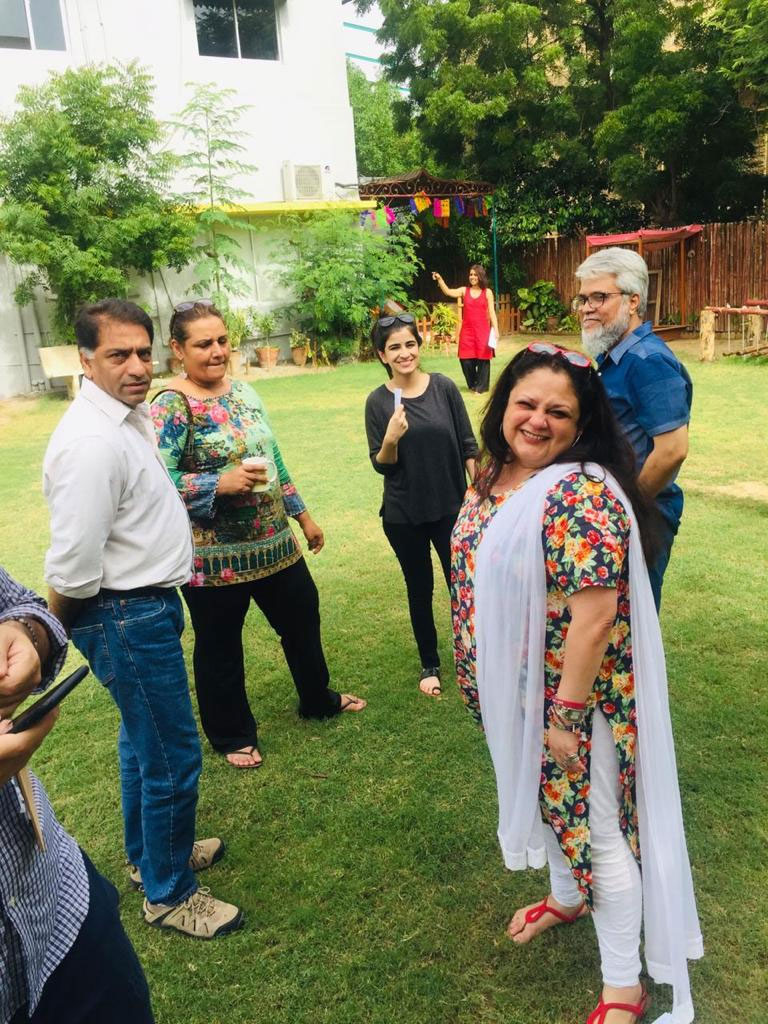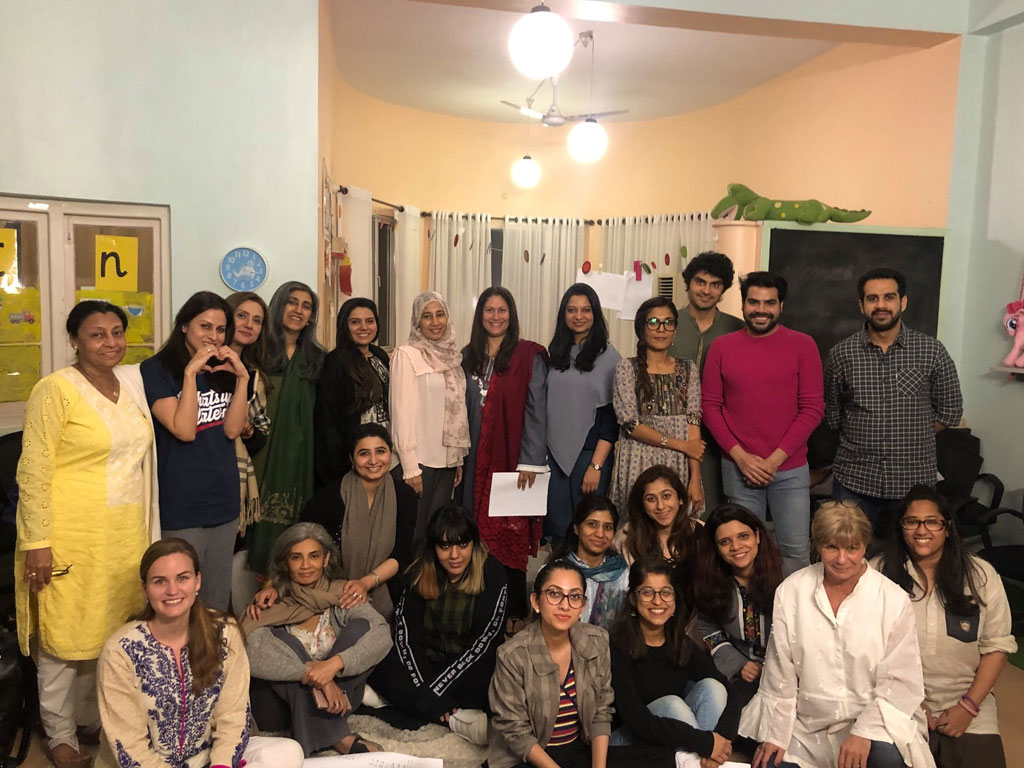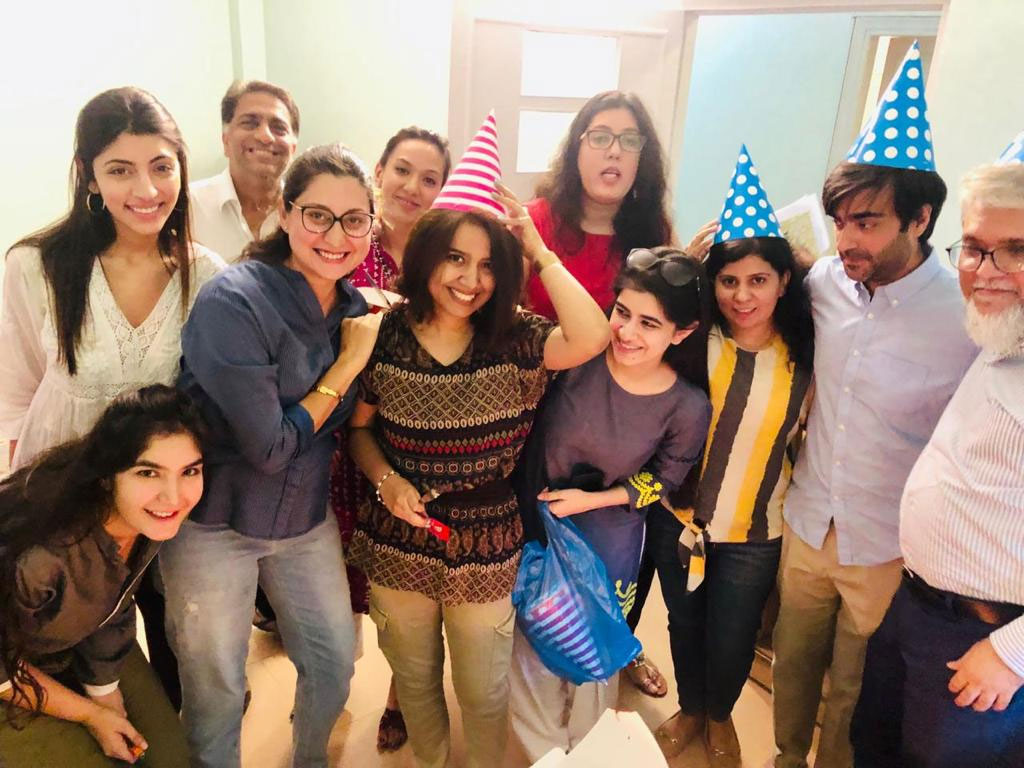- +92 309 7227789
- mail@cppd.com.pk


The Certificate in Humanistic Integrative Counselling provides a learning environment in which trainees can explore and experience the world of counselling. It provides an overview of the Humanistic Integrative approach to counselling and opportunities for practical experience and training. It focuses on the development of effective listening, relationship building and the interpersonal skills necessary to attend sensitively to the needs of others, whilst establishing and maintaining clear professional and personal boundaries. Self-awareness is a vital part of any counselling training, and the course aims to facilitate this through theoretical input, skills training and reflective group process. The Certificate is a prerequisite to the Diploma in Humanistic Integrative Counselling; moreover, it serves as an excellent platform for students wishing to further their own personal self-development.

The Certificate is a half-year part-time experiential course, spanning three modules. It commences with full-day classes on weekends and half-day evening classes on the following weekdays. The first two modules run from a Saturday to Friday and the last module runs from Monday to Sunday. Weekend classes run from 10:00am to 07:00pm and weekday classes run from 05:30pm to 09:30pm. The Certificate is the prerequisite course for the two-year part time counselling training (Diploma and Advanced Diploma). The Certificate as a stand-alone course does not qualify students to be eligible to offer counselling services.


Students will be introduced to the main concepts and principles of basic counselling skills including active listening, reflection and paraphrasing. They will be introduced to the Humanistic Integrative approach based upon the Five Relationship Model (Petruska Clarkson). Students will examine Humanistic theories from the Person-Centered approach, Transactional Analysis and Gestalt, Transpersonal Psychology and Psychodynamic theory in relation to concepts of Transference and Countertransference. Students will also be introduced to the main concepts and principles of counselling, developing key skills including active listening, reflection and paraphrasing. The course will look at specific issues such as:
Group process is entirely experiential and the focus is on the personal and emotional development of trainees. The experience of the large group process develops trainees’ capacity for self-reflection and awareness. Students develop the ability to demonstrate ownership of their own words and feelings, and to differentiate those of others. This ability is fundamental to our work as counsellors.
Assessment is continuous throughout the year and includes elements of self, peer and tutor evaluation. Students are required to successfully complete three written assignments throughout the year (2,000-2,500 words each).
Training is open to those with a first degree or relevant previous training, for example in health care or social work, and those without formal qualification but equivalent suitable life experience. In addition, applicants must demonstrate personal maturity and the ability to cope with the emotional, intellectual and time demands of the course.
Intakes throughout the year
Approximately 120 hours
For more information, schedules and fee structures, feel free to email us at mail@cppd.com.pk or call us on 0309-7227789 Monday-Fridays between 9:30 am - 5:30 pm.
Enrol Now